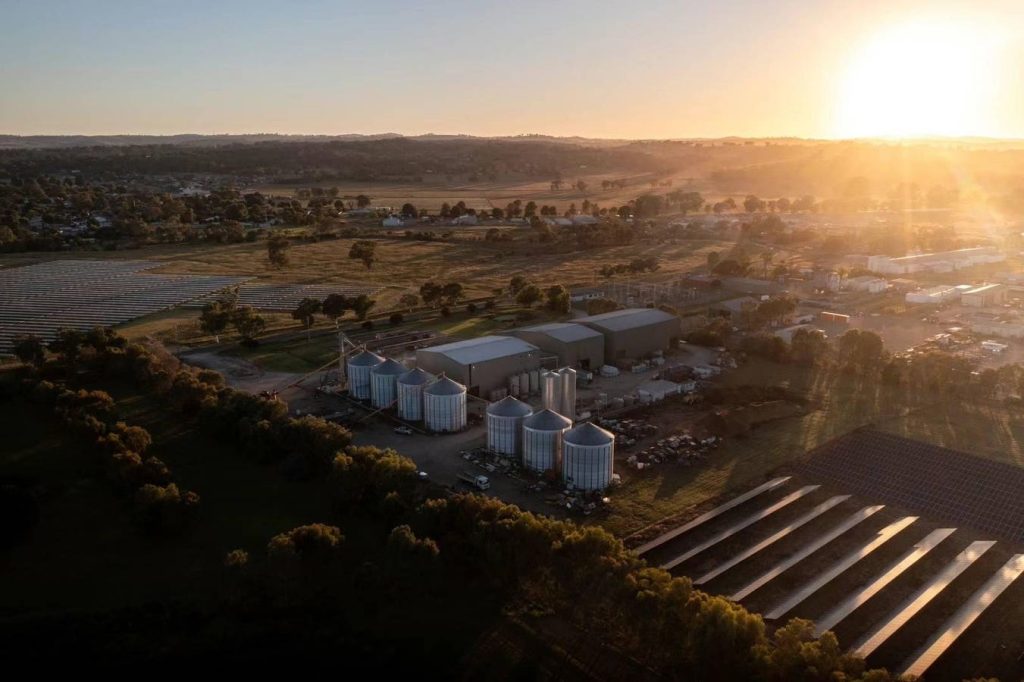The global organic food and beverages market is experiencing significant growth, fueled by increasing consumer awareness and demand for healthier and more sustainable food options. According to Spherical Insights, the market size was valued at USD 227.45 billion in 2023, and is projected to almost double to 437.4 billion by 2026. Every region of the world is seeing a rise in interest in organic food, with Europe’s market estimated to reach USD 273.85 billion by 2029, growing at a CAGR of 14.15% during the forecast period. Latin America is also experiencing growth, with the organic dairy food and beverages industry estimated to reach close to four billion U.S. dollars by 2027.
The increasing consumer demand for non-GMO crops and products reflects concerns about health, environmental sustainability, and declining population of agricultural producers. Farmers who grow non-GMO crops can tap into this growing market and meet the needs of consumers seeking healthier and more sustainable food options. Food production systems currently account for an estimated 26% of greenhouse gas emissions, driving the need for more sustainable practices in the food and agricultural industry. This includes promoting regenerative practices, protecting soil health and water resources, supporting local farmers, reducing food waste, and adopting better packaging and distribution practices.
Regenerative agriculture, combined with renewable energy technologies such as solar power, is seen as the gold standard for replenishing soil to a healthier state. Companies like Australian Oilseeds Holdings Limited (AOI) are leading the way in incorporating pioneering regenerative farming practices. AOI has become the largest cold pressing oil plant in the Asia Pacific region, pressing strictly GMO-free conventional and organic oilseeds. The company has an unwavering commitment to reducing carbon emissions, innovating in regenerative farming methods, and redefining standards and best business practices in sustainability.
In 2021, PepsiCo announced a new 2030 goal to develop regenerative farming practices across 7 million acres, equivalent to the global land footprint needed to supply crops for the company’s products. Grupo Bimbo, the world’s largest baking company, has also made bold regenerative farming commitments through their Bimbo Sustainable Corn and Wheat program. These initiatives align with the companies’ broader sustainability goals, with the aim of sustainably sourcing 100% of key ingredients by 2030.
Overall, there is a growing need to shift towards healthier and more sustainable food consumption patterns globally. Companies like AOI, PepsiCo, and Grupo Bimbo are at the forefront of this movement, setting best business practices in sustainability and aligning with the UN Sustainable Development Goals. As consumer preferences for organic food continue to rise, businesses worldwide are adapting their strategies to meet these demands. Those that fail to innovate and embrace sustainability may be left behind in the long term. The trend for organic food production is not just a passing fad, but a long-term shift towards a more equitable and environmentally friendly food supply chain for future generations.


